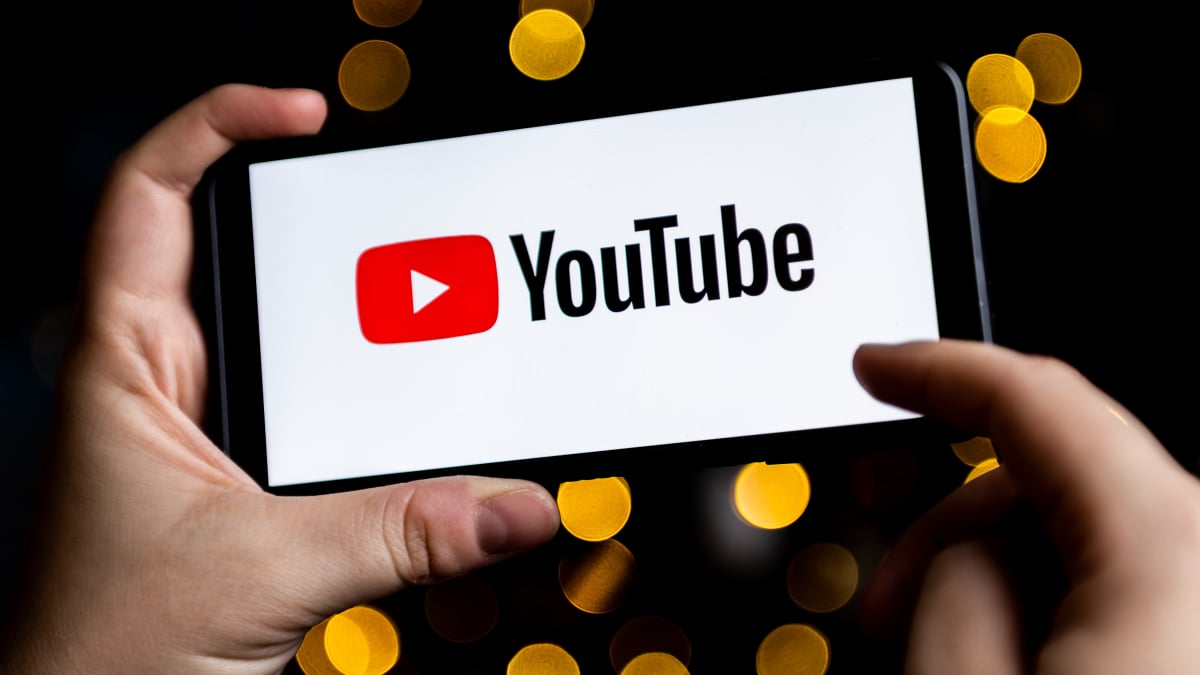YouTube has been making some big announcements for creators at this year’s VidCon(opens in a new tab).
Yesterday, Mashable reported on the new long-awaited thumbnail A/B split testing feature called Test & Compare which will help YouTubers maximize their video views. And now YouTube is working on a potential new way to help creators reach a larger audience: AI-powered multi-language voiceover dubbing for their video content.
The tool is powered by Aloud, an AI dubbing company that is part of Google’s own Area 120 startup incubator.
Aloud first provides the creator with a transcription of their video. The user can then edit the transcribed text as they see fit. After the creator signs off on the transcription, Aloud creates(opens in a new tab) an AI voiceover dub for the video. Aloud currently provides this service for free on its website, which is separate from the tool YouTube is building into its platform, but there’s currently a waitlist.
A YouTube spokesperson told(opens in a new tab) The Verge that the company has already been testing out the AI dubbing tool with “hundreds” of creators.
There are a few pretty big limitations with Aloud, according to the FAQ section on its website(opens in a new tab). The startup’s AI-powered tool currently only works with English-language videos and can only dub into two languages, Spanish and Portuguese, at this time. However, with Google’s backing and this new partnership with YouTube, it wouldn’t be surprising to see Aloud roll out more language options in the near future.
This tool would mark the second major feature related to multi-language dubbing that YouTube launched this year.
In February, the company rolled out an option to upload multiple audio tracks for individual videos, sorted by language. Viewers can now simply hit the Settings button on any YouTube video that enables this feature and choose to listen with an alternative audio track in the language of their choice. However, this feature requires creators to supply their own audio, which would require the YouTuber to go out and have their video translated and dubbed on their own.
YouTube’s partnership with Aloud to create AI-powered dubs could help YouTubers save both time and money while still broadening their audience.
This would be sick if it still sounded like the YouTuber
Yet they cancelled community-contributed subtitles. Something tells me this is less about accessibility and more about greed.


